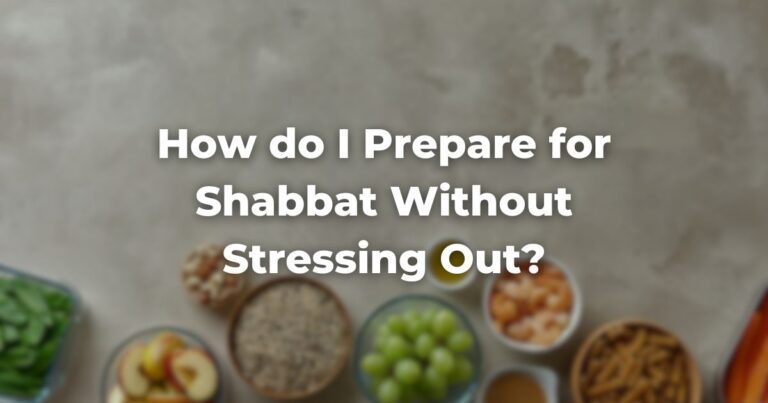This piece is part of Exploring Judaism’s 5784 Passover Reader. Download the whole reader here.
“In every generation one is obligated to see oneself as if personally leaving Egypt.”
Over the course of the seder, the “order” of the haggadah narrative can actually seem quite confusing! As we reach this point of the seder, instead of a single chronological recounting of the story of Jewish freedom from slavery, we have instead retold the story a number of times. In several cycles, using various midrashimThis word is used in two ways, as both a concept and a literature. As a concept, midrash is the expansive interpretation of biblical texts. The term is used to describe the practice of rabbinic interpretation. As a text, it refers to specific collections of interpretations, particularly from the third to ninth centuries in the Land of Israel and Babylonia. Plural: Midrashim
Read more, rituals, and songs, we have repeatedly gone back “to the beginning” of Jewish history, described the experience of slavery, then celebrated our people’s deliverance to freedom.
Now this climactic passage, “B’khol dor vador—In every generation,” reminds us that the Jewish experience of history itself is not linear, but a spiral.
Unfortunately, not only should we “see ourselves” as having come out of Egypt, but every generation experiences this phenomenon of slavery and redemption.
At our seders growing up, my father, Werner Blumenthal, z”l, would stop the seder at this paragraph and retell his own Exodus story. He would describe his childhood in Stuttgart in the 1930s and his family’s experience of ever-increasing isolation and oppression, culminating with the internment of his father and grandfather in Dachau following Kristallnacht. He would then tell his experience of boarding a ship in Hamburg, leaving Germany and arriving in the United States just before Passover in the spring of 1939. Were it not for a “low number” that granted an immigration interview at the U.S. consulate a few months before, he would not have been alive to tell the tale of his family’s escape from the Shoah, nor would I have been privileged to hear it.
And now, following the pogrom of October 7, my generation also has a sense of what it means to face Jew hatred in its most brutal form.
At our seder table growing up we often turned to the commentary of Dr. Marcus Lehman of Mainz, published in Frankfurt in 1918. On this passage, Dr. Lehman comments, “He who is so enheartened by the ancient admonition as never to forget the first Jewish persecution and its consequences, so that at all times he feels as though he himself had been liberated from Egypt, will never be surprised nor lose his courage in the face of any disastrous change in public opinion.”
Dr. Lehman, z”l, was writing from a space in which Jews were, in his words, “insignificant and powerless.” Even before the horrors that would unfold in ensuing decades, his goal was to place the haggadah in the context of comfort and inspiration in a time of Jewish persecution.
While the State of Israel restored power to the Jewish people, the massacre of October 7, and the resurgence of global antisemitism in its wake, remind us of our continuing vulnerability. In that context, Dr. Lehman’s commentary is all the more relevant. In the face of our generation’s challenges, “seeing oneself as if personally leaving Egypt,” is a call to confidence. Rather than focusing only on enslavement, this phrase calls upon us to remember redemption. Our survival for thousands of years since that “first Jewish persecution” is cause for confidence in the face of the challenges of our own generation’s encounter with antisemitism and evil.
In this spirit, the phrase we have recited often since October 7 is both an affirmation and a prayer: Am Yisrael Hai—the Jewish people endure.
(See more: Psalms for this Time of Crisis in Israel)
Author
-

Rabbi Jacob Blumenthal serves as CEO of the Rabbinical Assembly and CEO of USCJ. He previously served for 20 years as the founding rabbi of Shaare TorahRefers to the first five books of the Hebrew Bible, the Tanakh, also called the Five Books of Moses, Pentateuch or the Hebrew equivalent, Humash. This is also called the Written Torah. The term may also refer to teachings that expound on Jewish tradition. Read more in Gaithersburg, Maryland.
View all posts






